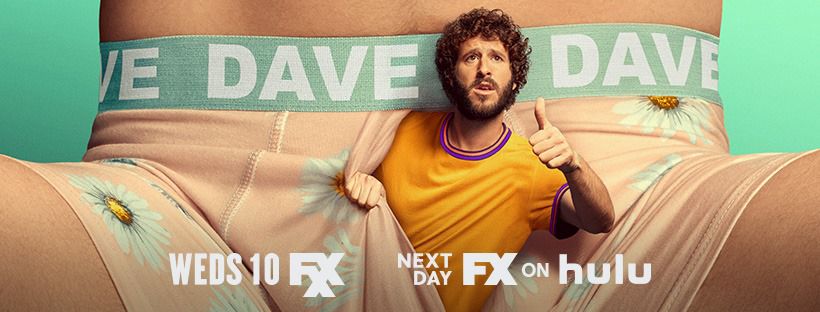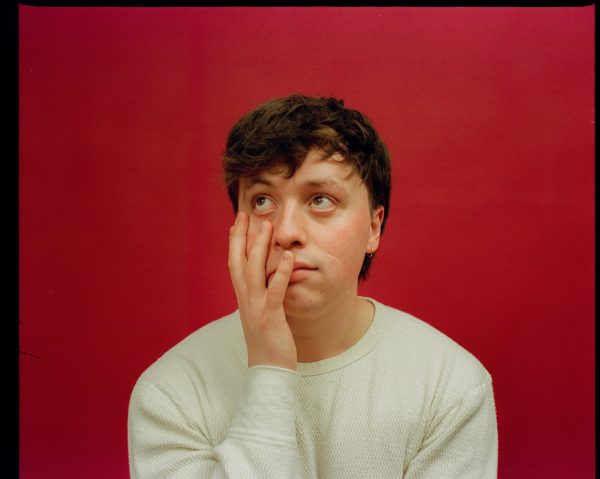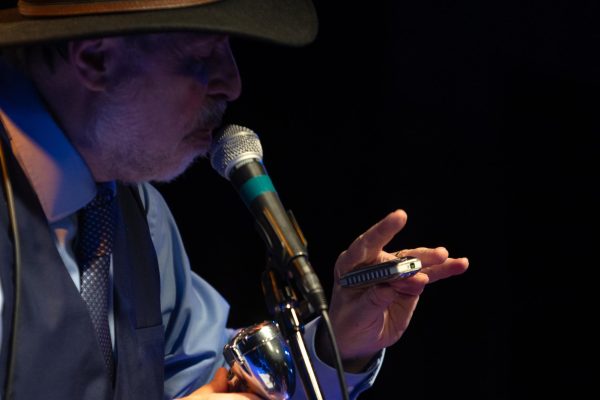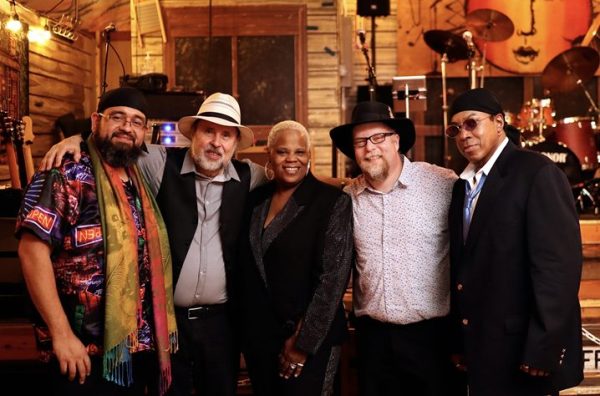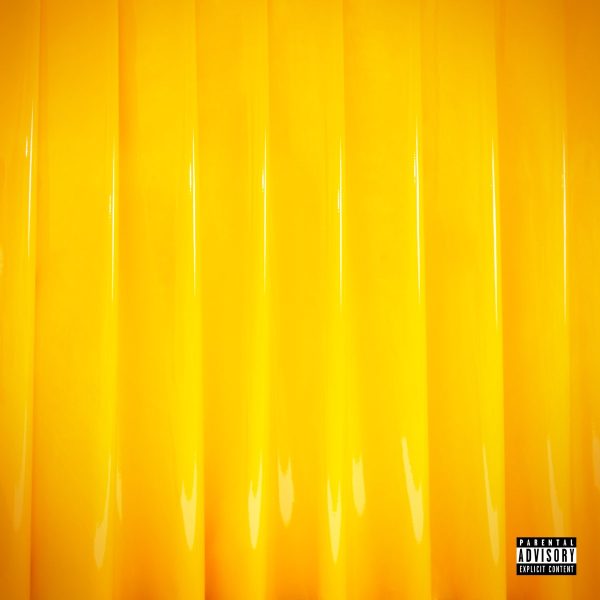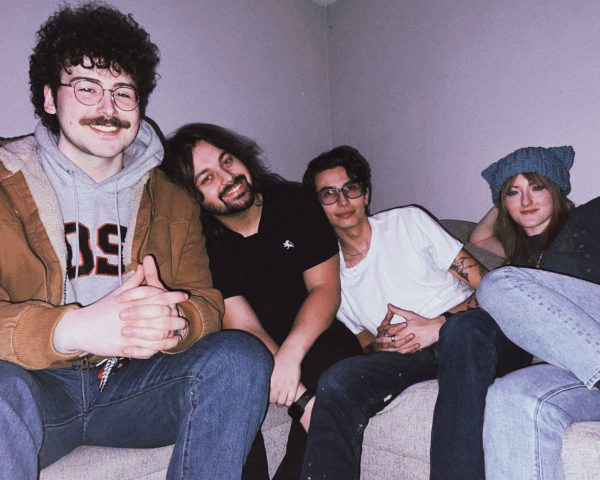Review: The autobiographical ‘Dave’ is Lil Dicky’s own ‘Seinfeld’
May 3, 2020
The first episode of the FXX drama-comedy “Dave” starts off with a scene in which Dave Burd, a late-20s, mild-mannered and curly haired rapper is seen describing his tangled urethra to the doctor.
This monologue from Burd places “Dave” in the same vein as other works that use a male appendage for humorous catharsis. Burd actually capitalized on this very angle, when he found his fame in 2013, under the identity of satirical rapper Lil Dicky.
Burd’s first hit, “Ex-Boyfriend,” narrates his run-in with a well-endowed ex-boyfriend of his girlfriend, which affected his performance in bed. Even though it is meant as a crude joke, the song tackles male insecurities head-on. In “Dave,” Burd attempts to tackle more such serious topics. Much like “Seinfeld” and “Curb Your Enthusiasm,” “Dave” is a semi-autobiographical show about Lil Dicky, whose struggles go beyond just grappling with shame. Burd wrote and co-created the show with Jeff Schaffer (who also worked extensively on “Seinfeld” and “Curb Your Enthusiasm.”)
Lil Dicky is white, Jewish, has curly hair and is a goofy person, on- and off-screen. It’s not quite the “rapper” image most of us have in mind. Yet he is one of the more successful rappers in the scene right now, with a few platinum records to his name and a net worth that is rumored to be around $10 million. With “Dave,” Burd retraces his own entry into the rap scene and uses humor to show the audience the life of a privileged white person trying to fit into a culture that is as alien to him as he is to the culture.
From his escapades with a sex doll and awkwardly trying to hug Justin Bieber, to more serious issues like relationship trouble and creative differences with a newly signed label, “Dave” captures the essence of an up-and-coming dysfunctional white rapper very strongly. The show can also boast of several high-profile cameos, including Benny Blanco, Macklemore, Trippie Redd, Young Thug, Kourtney Kardashian, Gunna and others. Burd tries to flip stereotypes: like black rappers, he gets pigeonholed and constantly compared to the few white rappers already in the industry, leading to his struggles with finding his own creative niche, hoping he will be accepted not only by his audience but also by his label.
With all its quirks, “Dave” manages to find the balance between direct vulgar offense and raw emotional vulnerability within the first season itself. The side characters are as well-written as you can expect from a modern comedy, the most prominent among which is Lil Dicky’s hype-man GaTa (pronounced like “gator”). A version of his own real-life self as Burd’s hype-man, Davionte “GaTa” Ganter is a black man who knows other rappers, is familiar with the scene, is cool and has contacts in the industry; to the audience, he’s basically what Burd can’t be. I will not spoil the episode, but the fifth episode, “Hype-Man,” is a case study in the nuanced representation of bipolar disorder. A most excellent episode, with a stellar performance from GaTa.
The first season has 10 episodes, with the finale just airing April 29. I won’t spoil anything for the readers, but the final episode is so powerful and wild it can only be described using synonyms of the word bonkers. If, like me, you loved the show “Atlanta,” I highly recommend that you binge “Dave.” With few other on-screen works that dabble in sexual humor without undermining the deeper exploration of emotions, this is a fun romp you may not want to miss.

